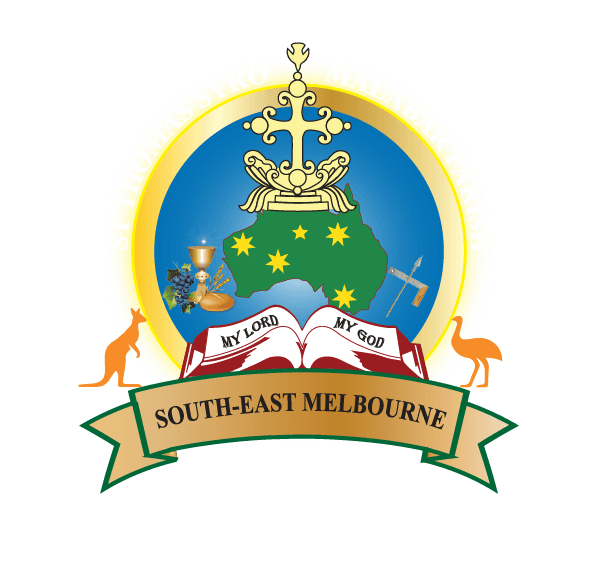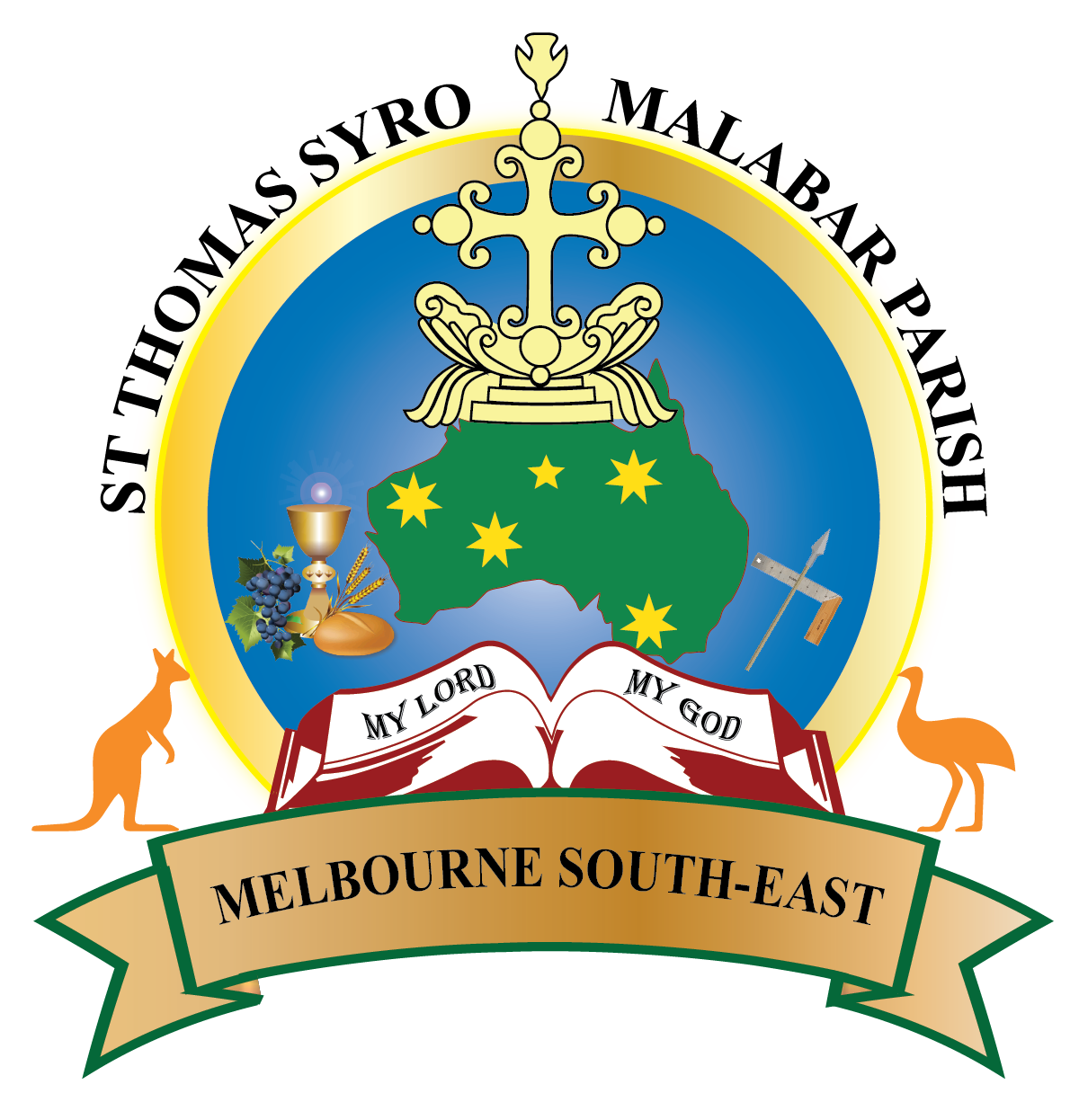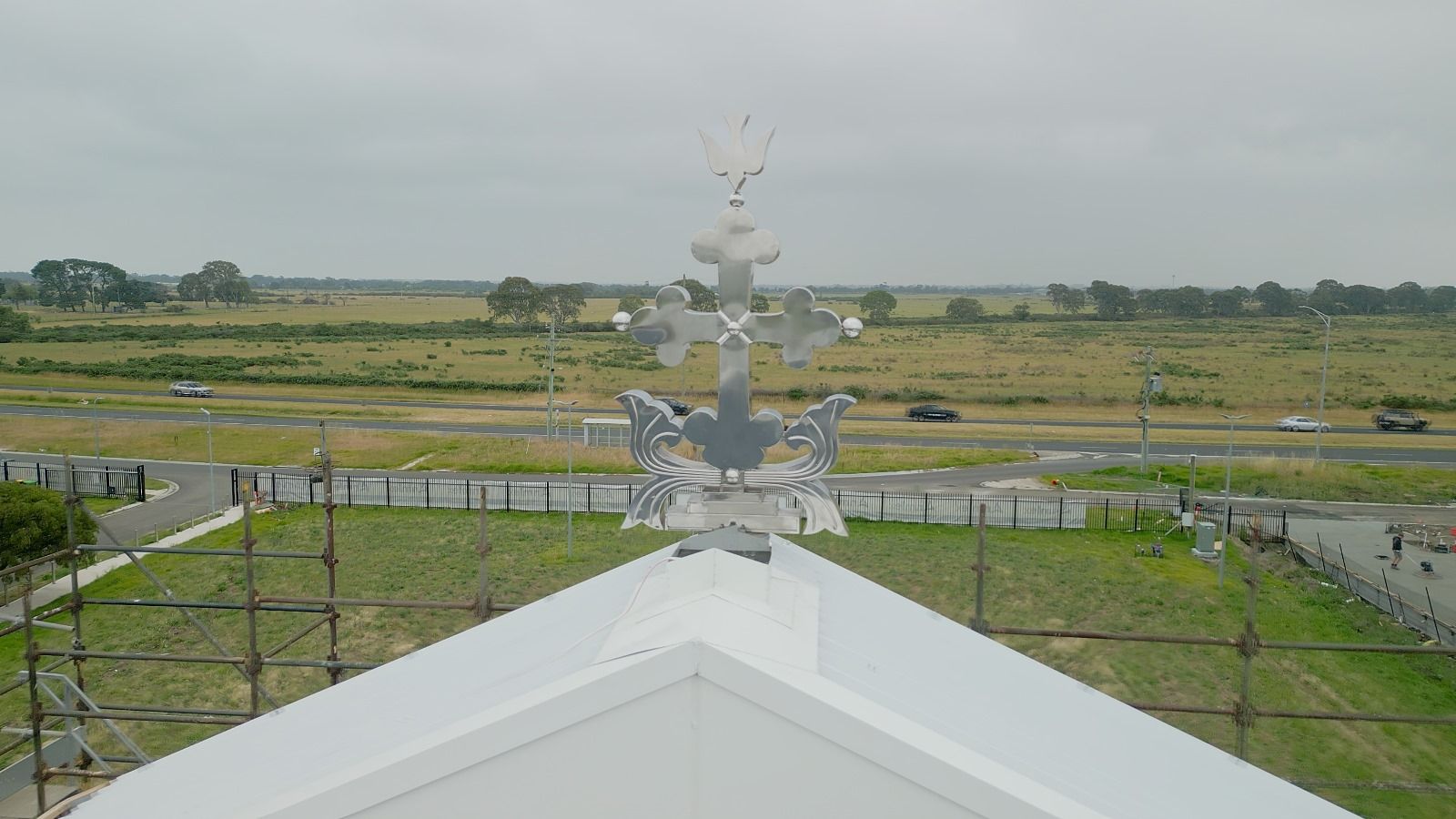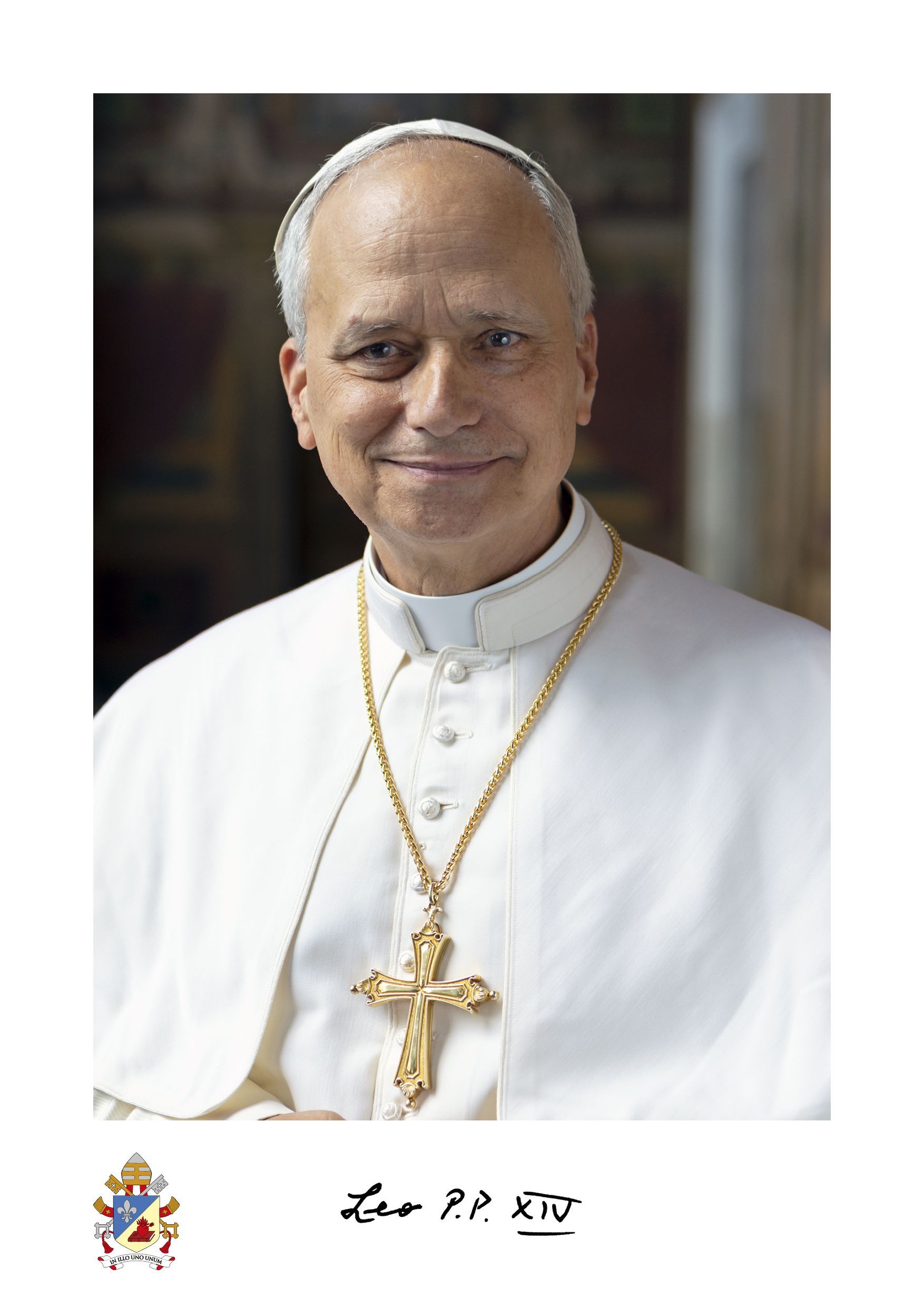POPE FRANCIS – The Holy Father
According to Catholic tradition, Jesus founded the papacy in the first century, when he chose St. Peter, the leader of the apostles, to be his earthly representative. “Thou art Peter and upon this rock I will build my church,” he states in chapter 16 of Matthew. “I will give to thee the keys of the kingdom of heaven.” Those words, which now circle the dome of St. Peter’s Basilica in Rome, serve as the biblical mandate for the papacy. All popes are considered symbolic descendants of Peter and are thought to hold “Peter’s Chair”
Since then, After St Peter there have been 265 occupants of the papal office. The institution has endured through the defining moments of European history, including the split of the Roman Empire, the bloodbath of the crusades and the rise of the Italian Renaissance. More recently, popes have struggled to reconcile the strict traditions of doctrinal Catholicism with the realities of modern life, including defending firm stances against abortion and the death penalty.
Biography
Pope Leo XIV, born Robert Francis Prevost on September 14, 1955, in Chicago, Illinois, is the 267th pope of the Roman Catholic Church, elected on May 8, 2025, succeeding Pope Francis136. He is the first pope born in North America and the first to hold Peruvian citizenship, having been naturalized in 201516.
Prevost entered the Order of Saint Augustine in 1977 and was ordained a priest in 198212. He earned a Bachelor of Science in Mathematics from Villanova University, a Master of Divinity from Catholic Theological Union in Chicago, and a Doctorate in Canon Law from the Pontifical University of Saint Thomas Aquinas in Rome26. He spent much of his early priesthood doing missionary work in Peru during the 1980s and 1990s, serving as a parish pastor, seminary teacher, and diocesan official126.
From 2001 to 2013, Prevost was elected prior general of the Augustinian Order, and he later returned to Peru as Bishop of Chiclayo from 2015 to 2023167. In 2023, Pope Francis appointed him Prefect of the Dicastery for Bishops and President of the Pontifical Commission for Latin America, elevating him to cardinal the same year156.
As pope, Leo XIV has emphasized synodality, missionary dialogue, and engagement with contemporary social and technological challenges, including climate change, migration, and human rights. His papal name honors Pope Leo XIII, reflecting a focus on social teaching amid modern technological revolutions13.
He is noted for being a fair and moderate administrator with a strong commitment to continuing the reforms and pastoral priorities of his predecesso



